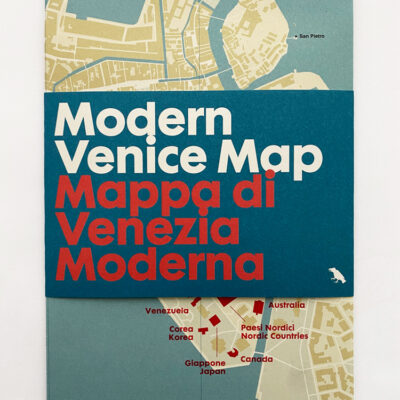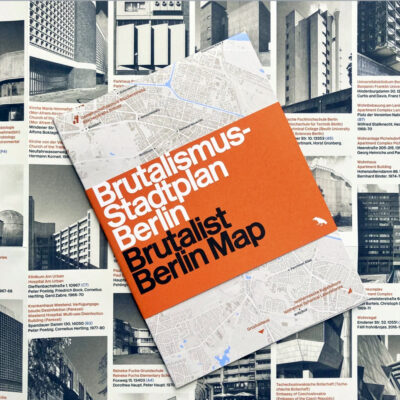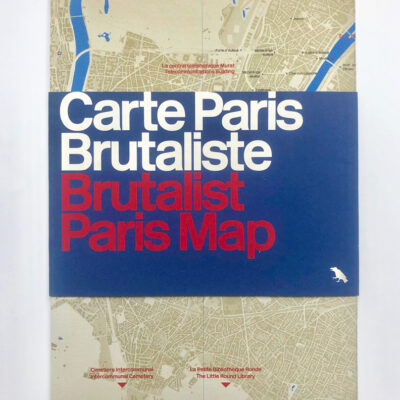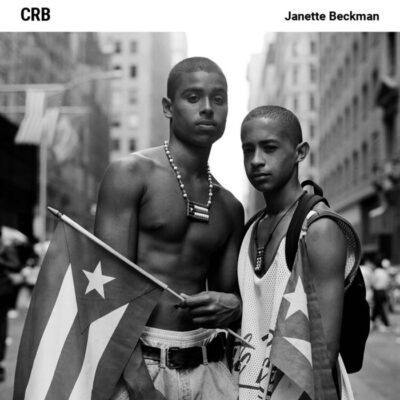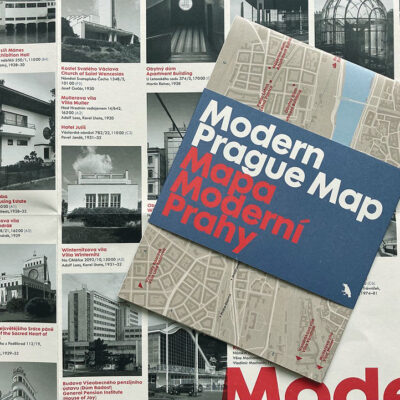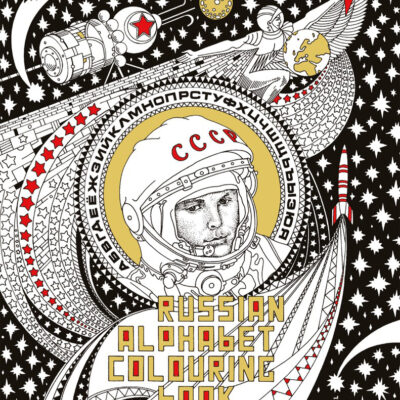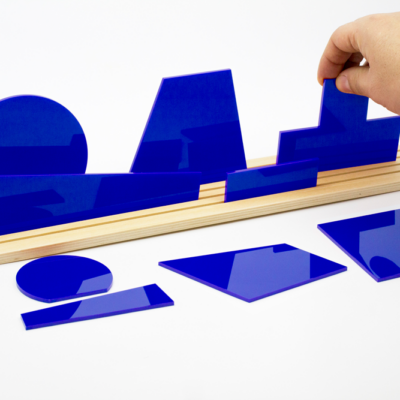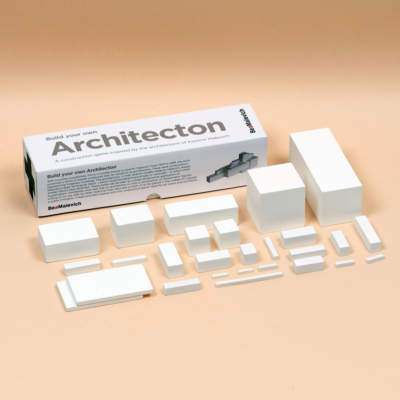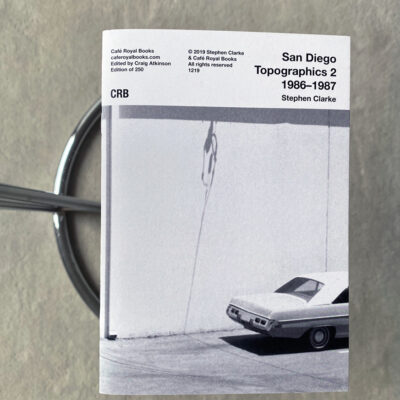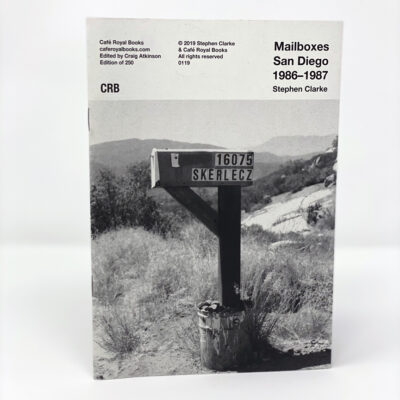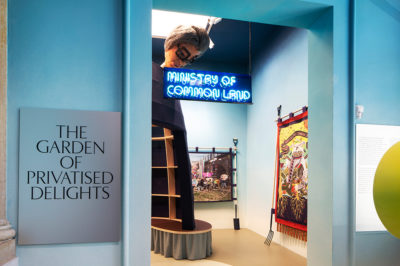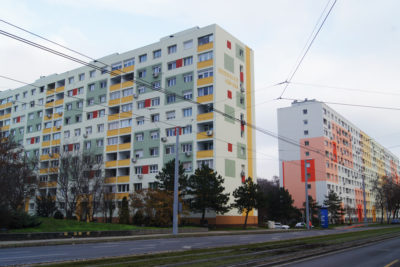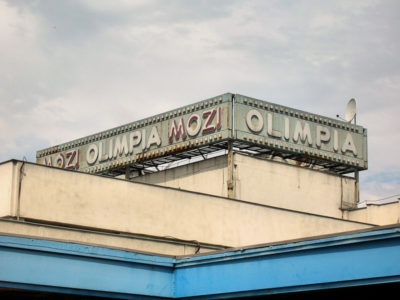Venice Architecture Biennale 2021
Architects and artists, dreamers and visionaries grapple with a question vexing all of us
How Will We Live Together?
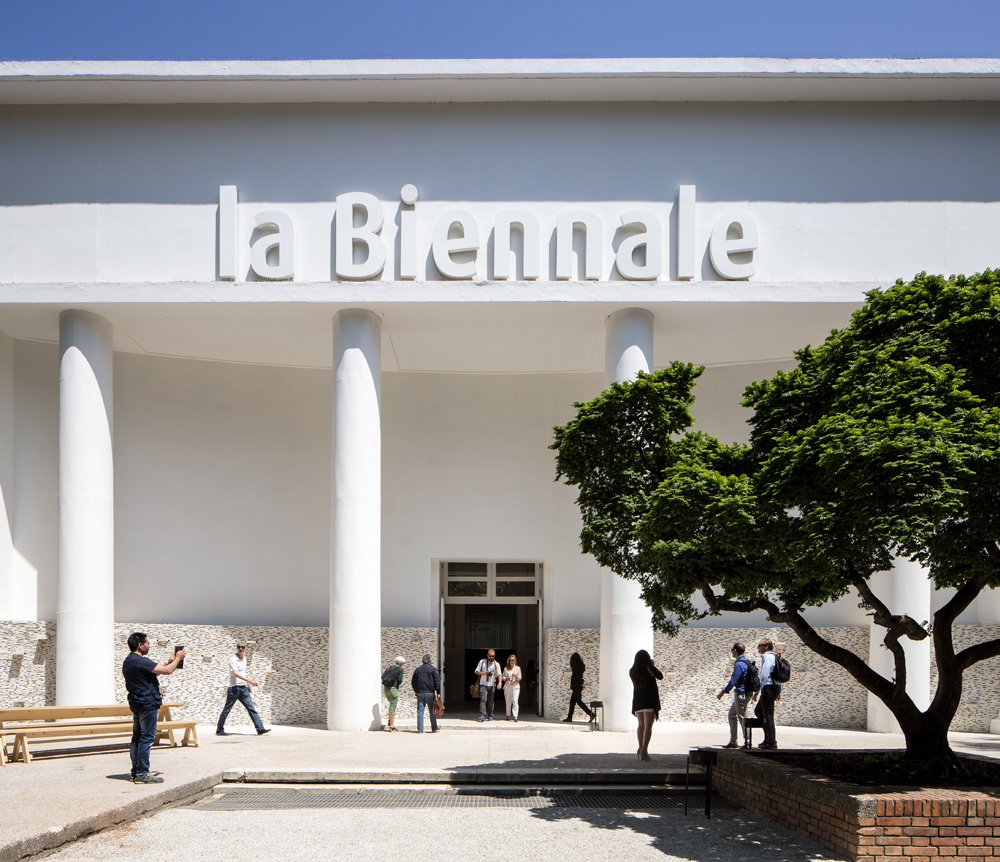
Padiglione Centrale Giardini_Photo by Francesco Galli_Courtesy of La Biennale di Venezia
The Curator of the Venice Biennale Architettura, Hashim Sarkis’ theme takes the form of a question. His statement reveals his thinking;
How: Speaks to practical approaches and concrete solutions, highlighting the primacy of problem-solving in architectural thinking.
Will: Signals looking toward the future but also seeking vision and determination, drawing from the power of the architectural imaginary.
We: Is first person plural and thus inclusive of other peoples, of other species, appealing to a more empathetic understanding of architecture.
Live: Means not simply to exist but to thrive, to flourish, to inhabit, and to express life, tapping into architecture’s inherent optimism.
Together: Implies collectives, commons, universal values, highlighting architecture as a collective form and a form of collective expression.
?: Indicates an open question, not a rhetorical one, looking for (many) answers, celebrating the plurality of values in and through architecture.
Between now and November Greyscape will be featuring how the answer is interpreted in national pavilions. We’ve begun with …
British Pavilion: The Garden of Privatised Delights British Council
Hungarian Pavilion: Overnity
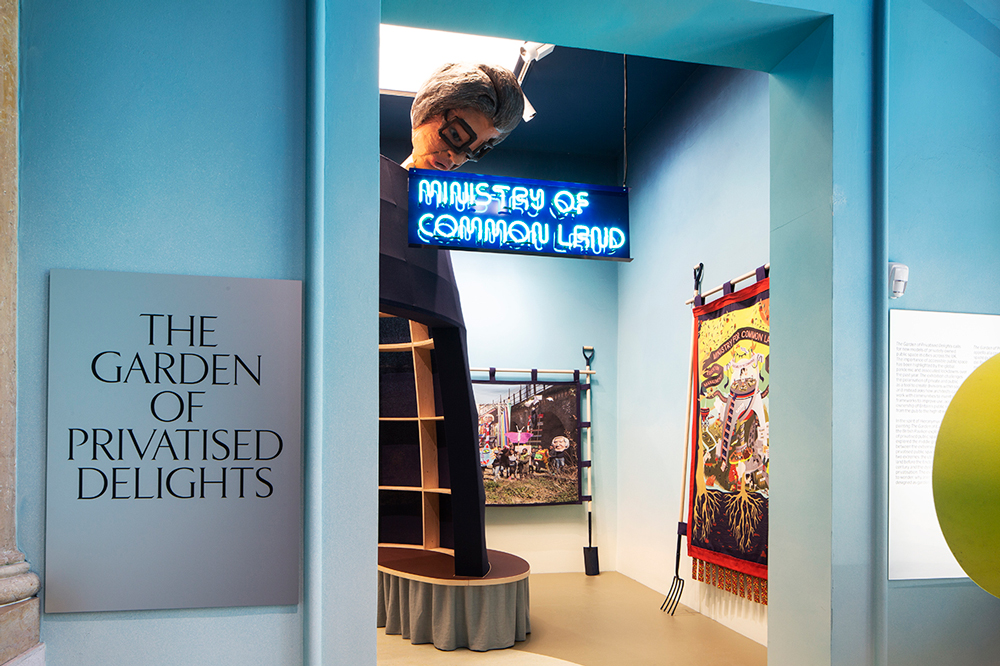
Image Francesco Galli Courtesy of La Biennale di Venezia
If you are heading to Venice (the biennale runs to November 21st) why not grab a copy of the newly launched Modern Venice Map from Blue Crow Media, edited by Marco Mulazzani and Elisa Pegorin with original photography by Alessandra Chemollo. Blue Crow explain, ‘The guided map includes the Pavilions of the Venice Biennale, the Vatican chapels, examples of public housing, museums and more. This guide map features works by an array of international masters, including Carlo Scarpa, Santiago Calatrava, Aldo Rossi, David Chipperfield, MAP studio, Tadao Ando, Renzo Piano, Rem Koolhas, Norman Foster, Alva Aalto, James Stirling and others as well as an introduction and texts are in English and Italian’.
Images courtesy of La Biennale di Venezia




